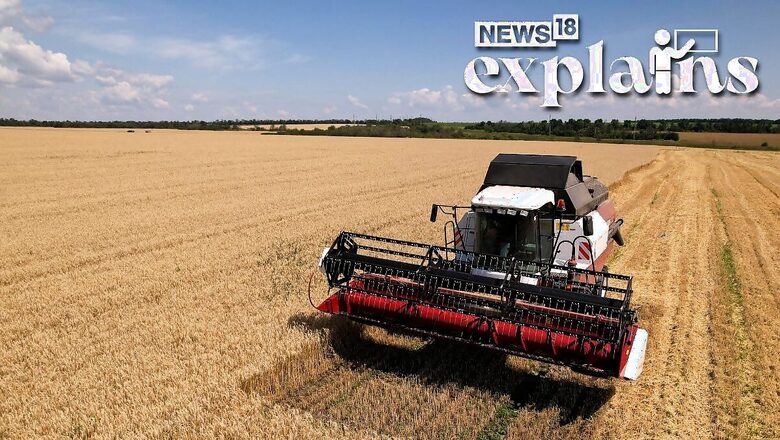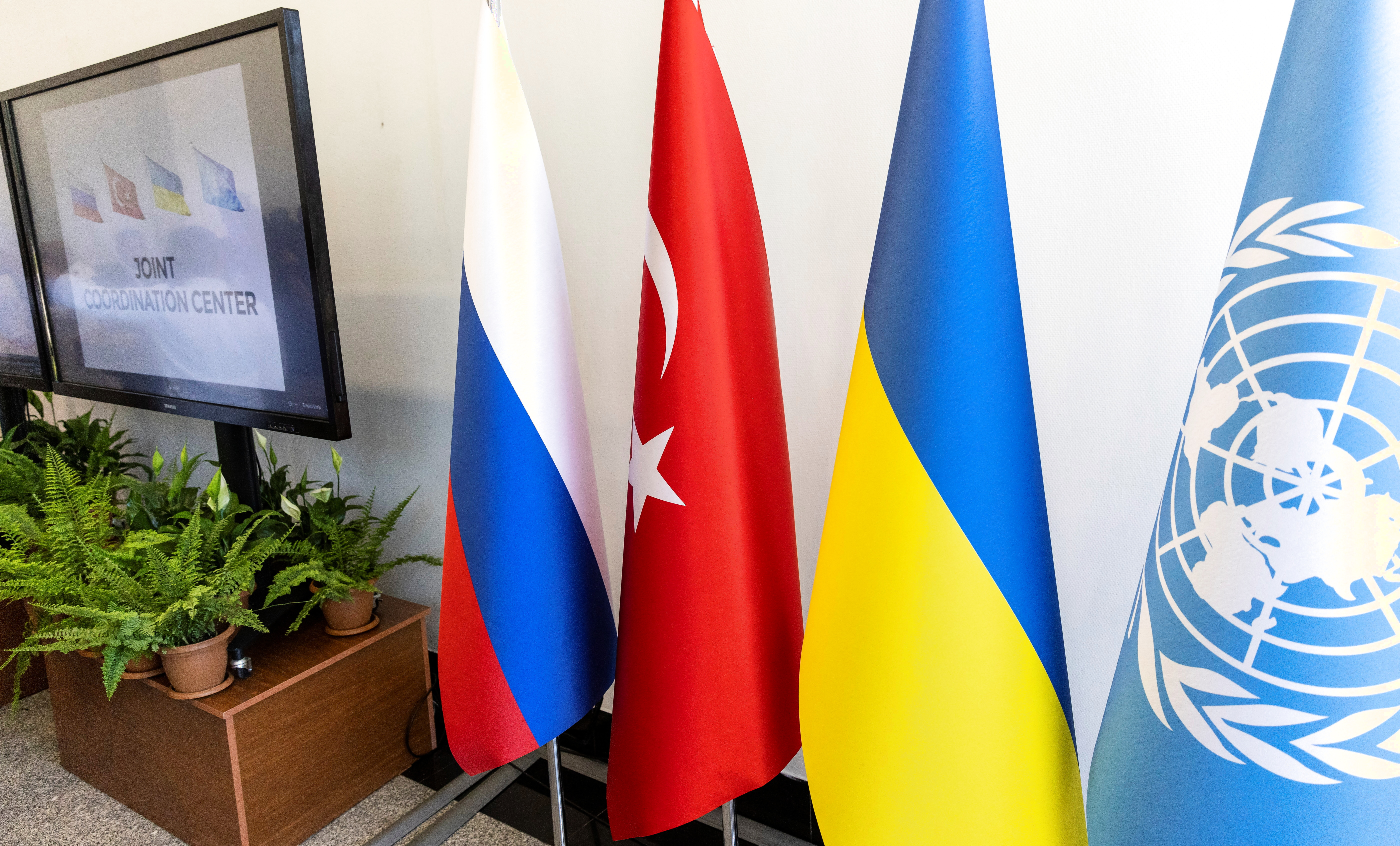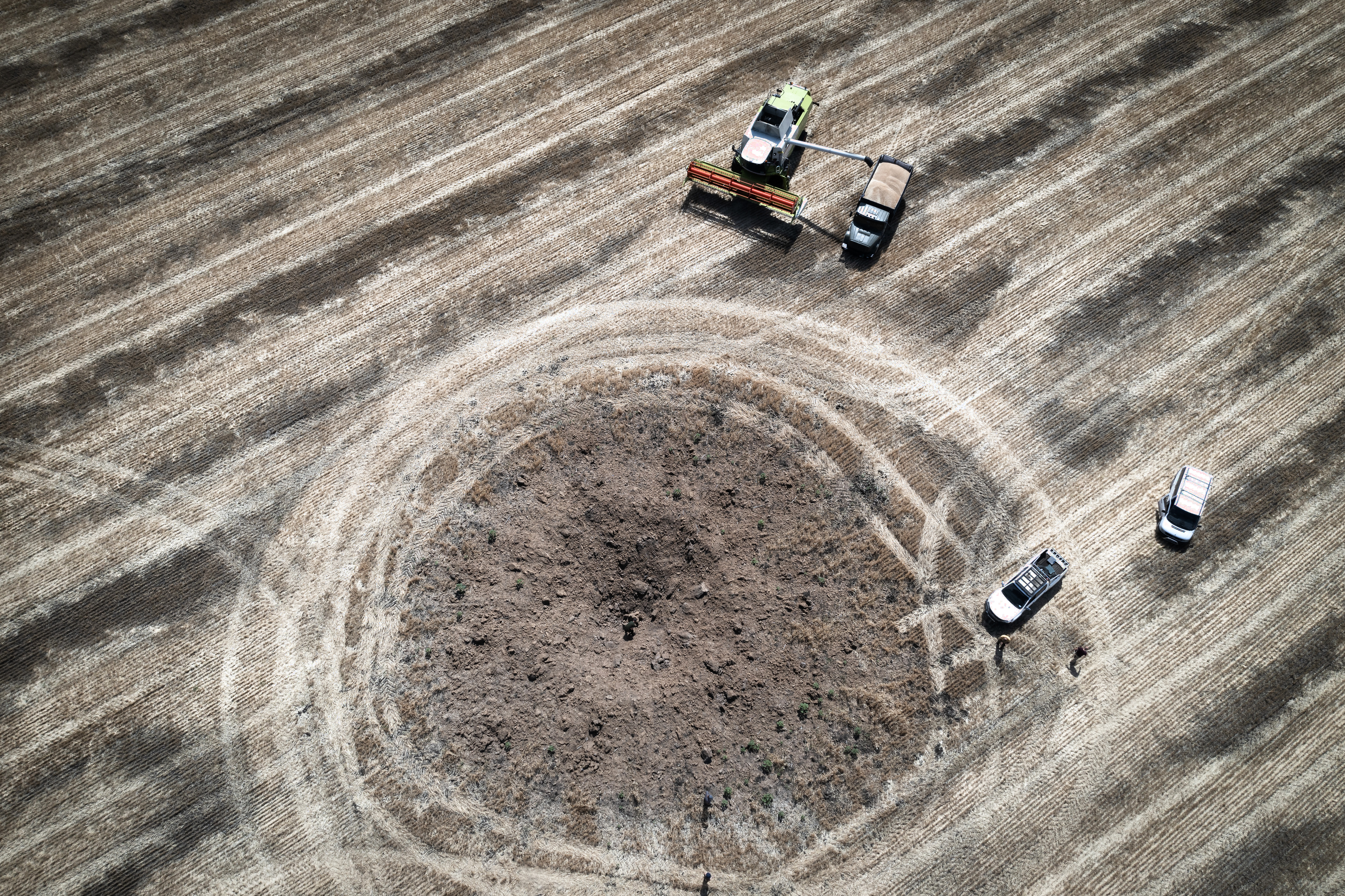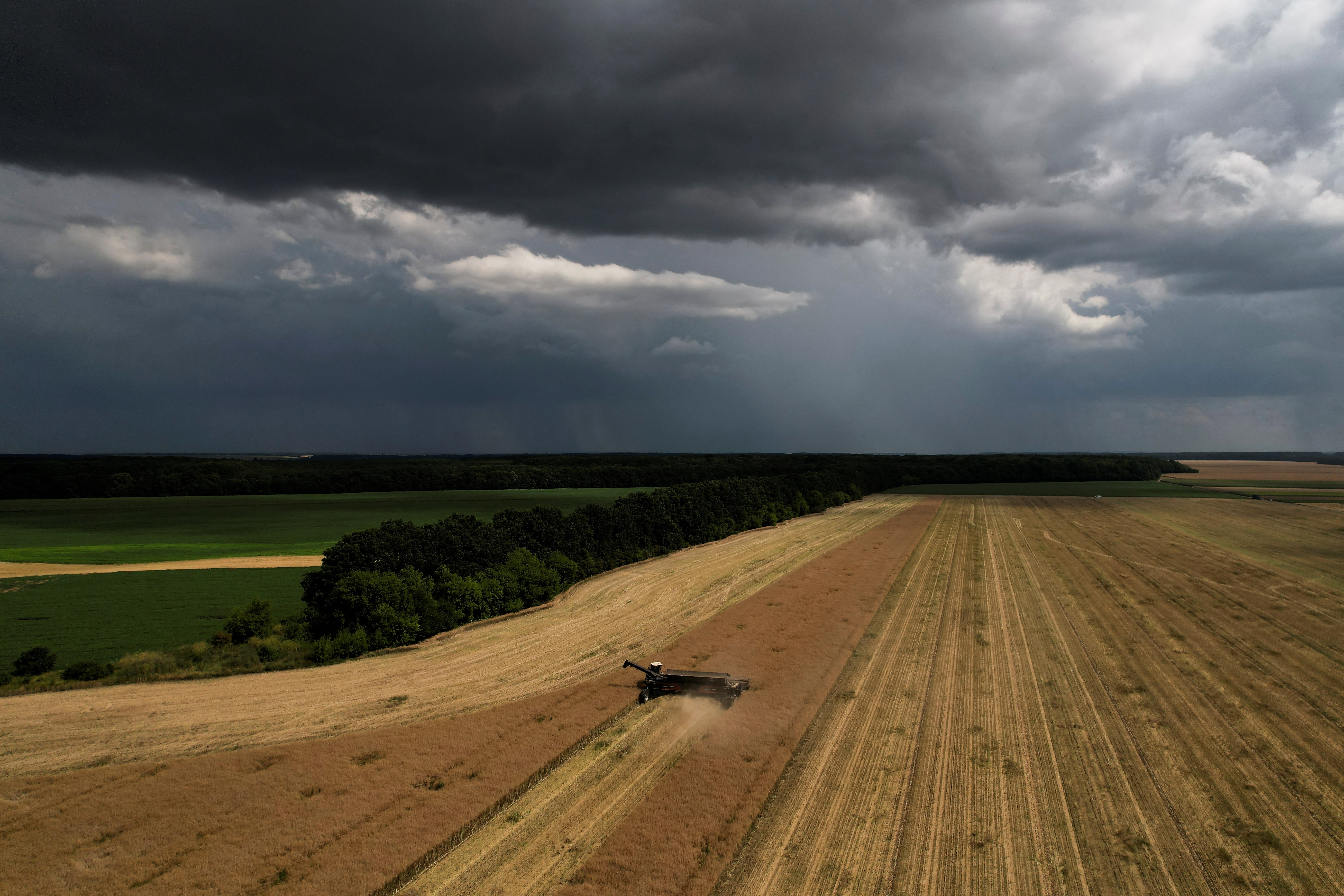
views
Russia has refused to extend the international deal allowing the safe shipment of Ukrainian grain through its ports in the Black Sea raising wheat prices across the global markets.
The Russian defense ministry said all vessels sailing to Ukrainian ports on the Black Sea from now on will be regarded as potential carriers of military cargo and its flag states “will be considered to be involved in the Ukrainian conflict on the side of the Kyiv regime.”
Moscow has said it will not renew the grain deal that recently expired and guaranteed safe passage of shipments through Black Sea in the wake of the ongoing war in Ukraine.
What is the Black Sea Grain Deal?
The Russian invasion of Ukraine in February 2022 sent the world into a global food crisis as the two countries were the world’s first and fifth largest exporters of wheat respectively before the War began. The move has soared grain prices globally and threatened the supply chain.

In July last year, the United Nations and Turkey brokered a deal that would see Ukraine export grain through the Black Sea. The agreement would allow ships to travel safely from the Ukrainian ports of Yuzhny, Odesa and Chornomorsk to the Bosporus without being attacked.
In October, Russia temporarily suspended the agreement, but it rejoined the pact shortly for 120 days on November 2. In March 2023, it agreed to extend its participation in the deal for another 60 days and further renewed it in May.
The initiative is credited with helping reduce soaring prices of wheat, vegetable oil and other global food commodities.

The deal enabled the export of more than 32 million tonnes of Ukrainian grain over the last year, bringing relief to countries facing critical food shortages such as Afghanistan, Sudan and Yemen.
Russia will return if demands met
President Vladimir Putin said that Russia would “consider” returning to the Ukraine grain deal if its demands were “fully” met, saying the agreement had “lost all meaning.”
He listed his conditions including withdrawal of sanctions on supplies of Russian grain and fertilisers to world markets and reconnecting Russia’s agricultural bank to a global payment system.
Which Countries Will be Most Affected?
Ukraine, often referred to as the breadbasket of Europe, is the eighth-largest producer of corn and the ninth-largest producer of wheat in 2022-2023.

Around 45 countries received Ukraine’s food exports under the grain deal, including China (7.96 million tonnes), Spain (5.98 million tonnes), Turkey (3.24 million), Italy (2.1 million), the Netherlands (1.96 million), and Egypt (1.55 million). Russia has repeatedly complained that the deal largely benefits richer nations.
While around 44 percent of the exports have been shipped to high-income countries, the remaining were sent to countries including Ethiopia (262,759 tonnes), Yemen (151,000) and Afghanistan (130,869).
Ukraine is also a major global suppliers of wheat, barley, sunflower oil and other food that developing nations rely on.
The suspension has sent wheat prices up about 3% in Chicago trading, to $6.81 a bushel. Wheat prices on the European stock exchange soared by 8.2% on Wednesday reaching €253.75 per tonne, while corn prices were up 5.4%.
US wheat futures jumped 8.5% on Wednesday, their highest daily rise since just after Russia’s invasion of Ukraine.

Ukraine can still export by land or river through Europe, but those routes have a lower capacity and have stirred divisions among its neighbors.
Russia prepared to attack ships
Russia is considering attacking civilian ships on the Black Sea and then putting the blame on Ukrainian forces, a senior White House official has said.
“The Russian military may expand their targeting of Ukrainian grain facilities to include attacks against civilian shipping,” National Security Council spokesman Adam Hodge told AFP.
According to the White House official, those kinds of attacks could now expand to civilian ships. And Russia is mounting an operation to make such attacks look like they were carried out by Ukraine.
Meanwhile, Russian launched attack in the Ukrainian port of Odesa for a third consecutive night since pulling out of the deal injuring at least 20 people. Ukraine said that Russian strikes on Odesa destroyed 60,000 tonnes of grain meant for export.




















Comments
0 comment